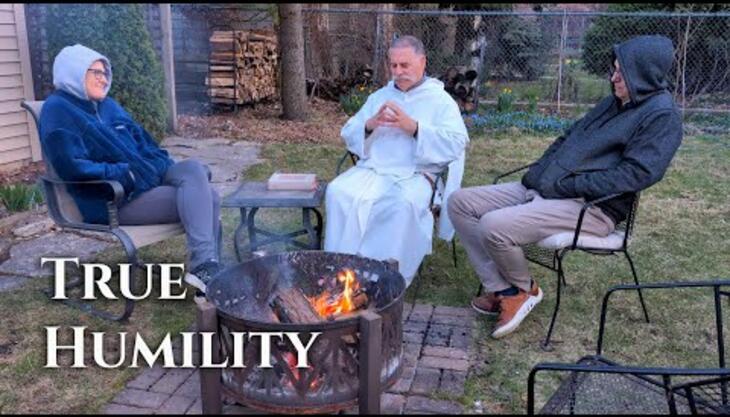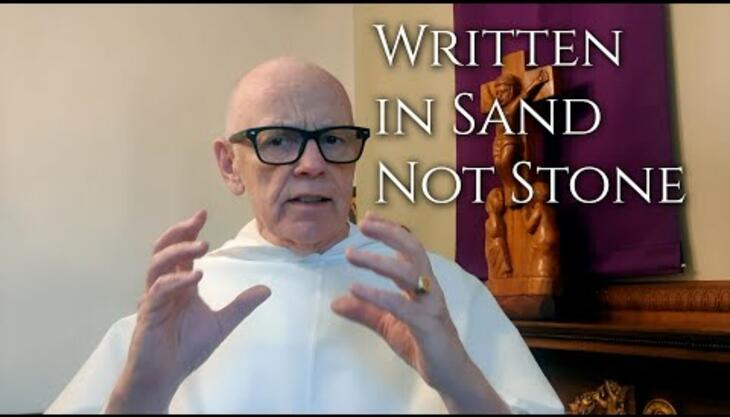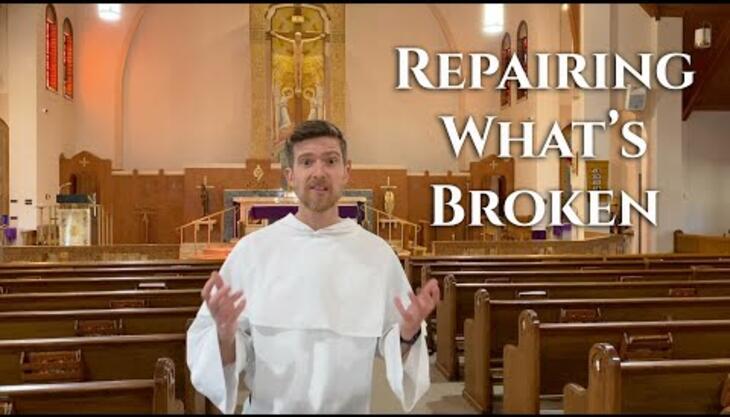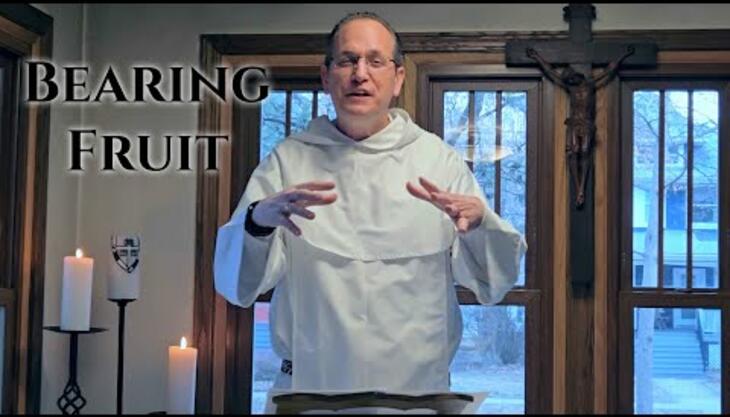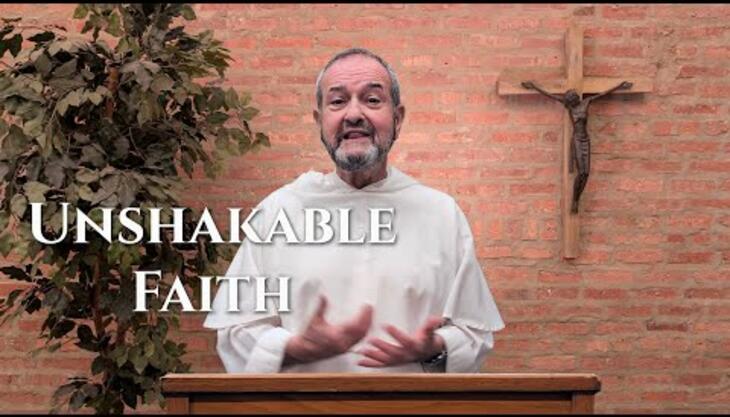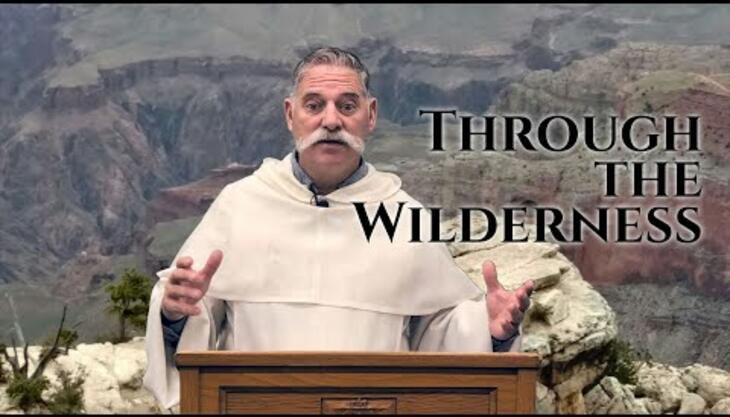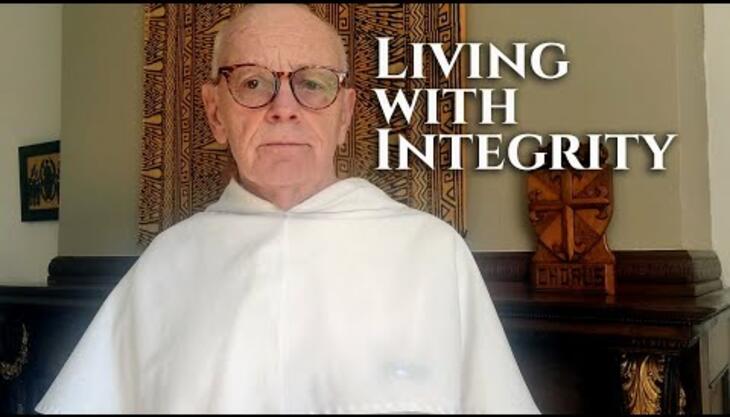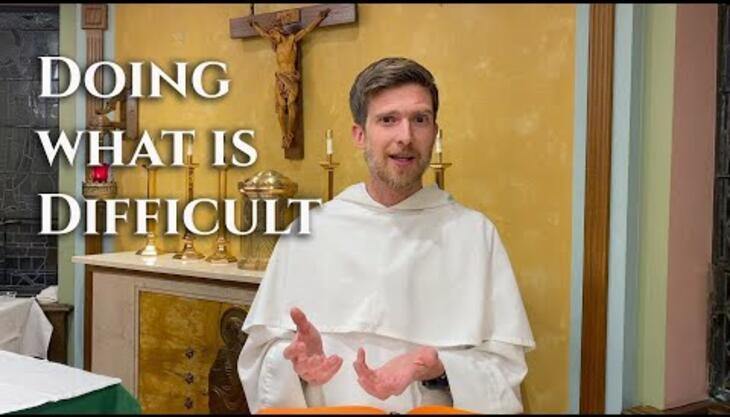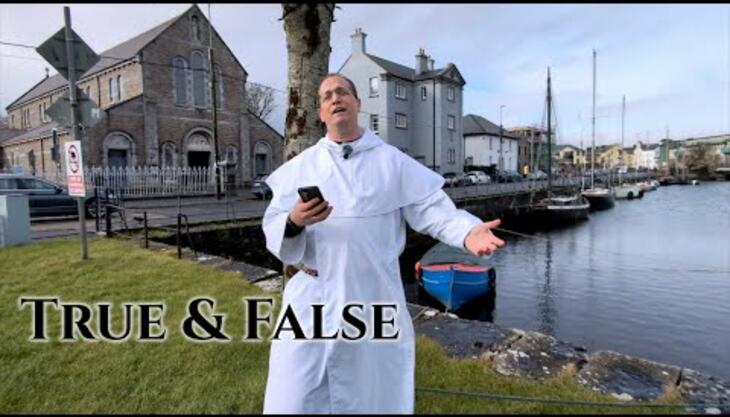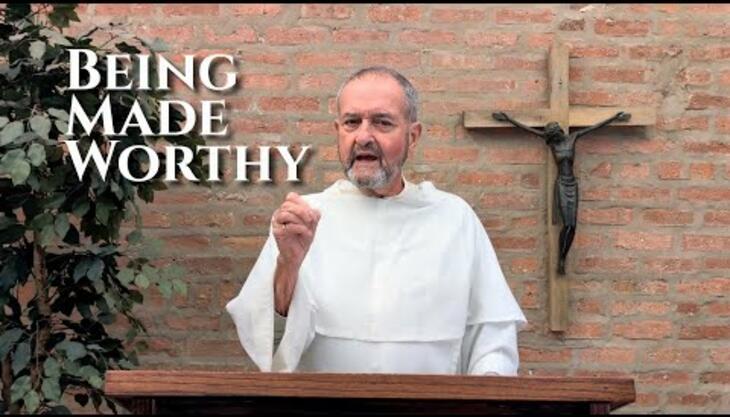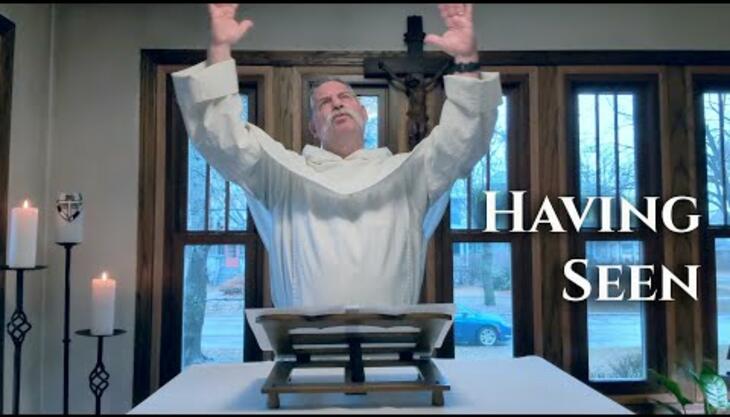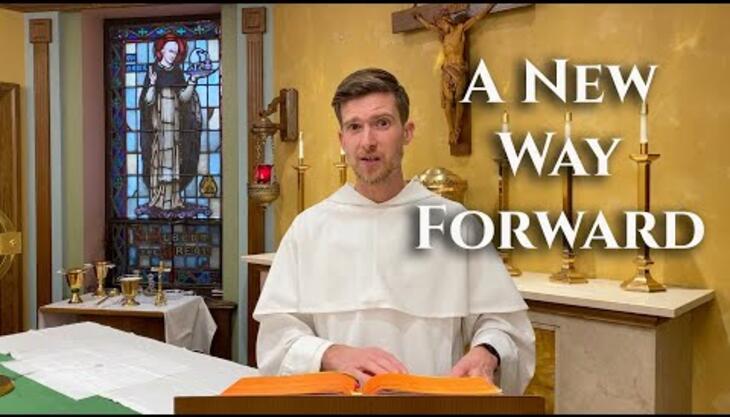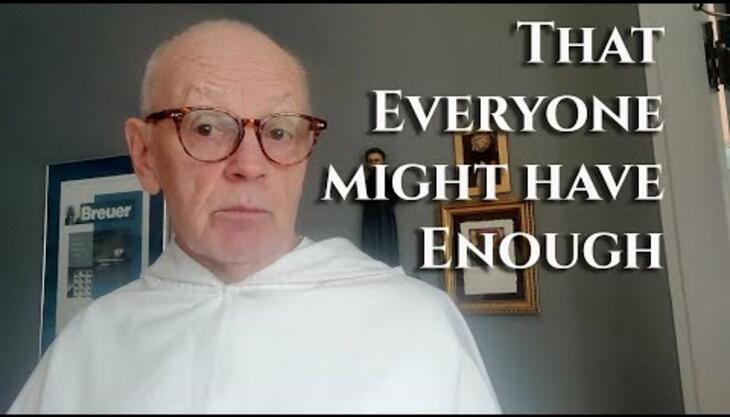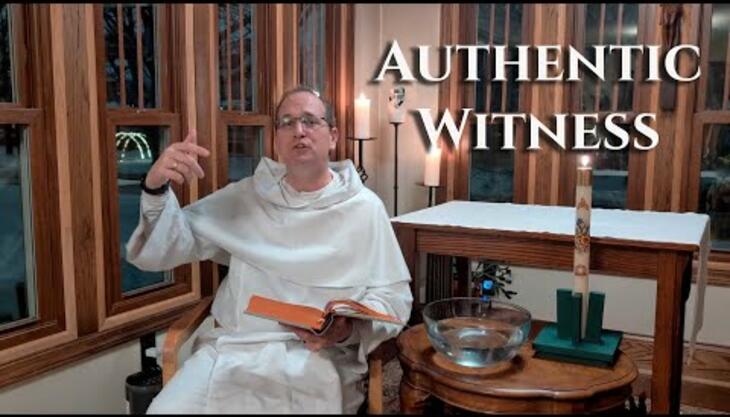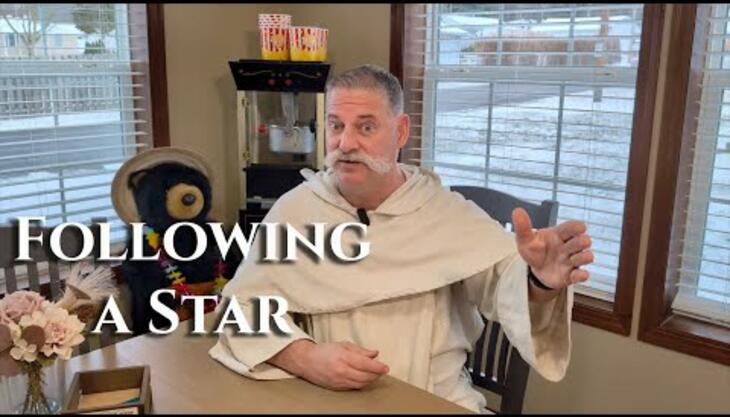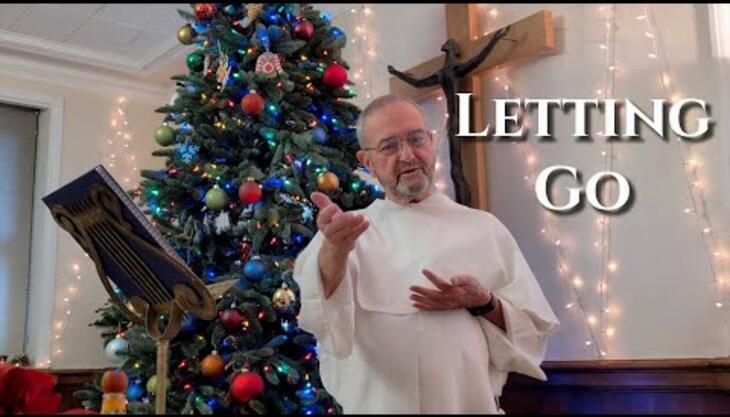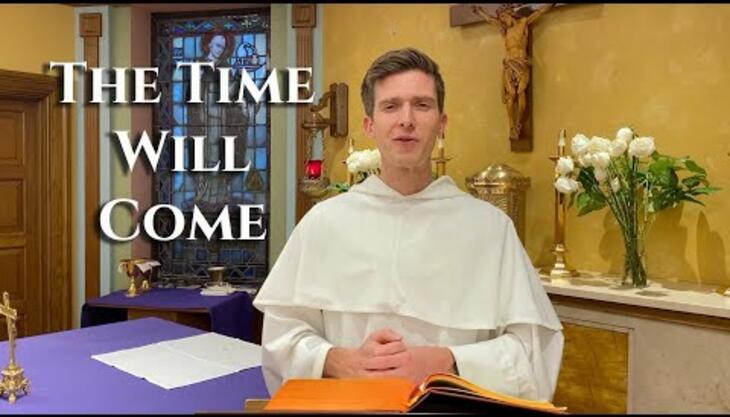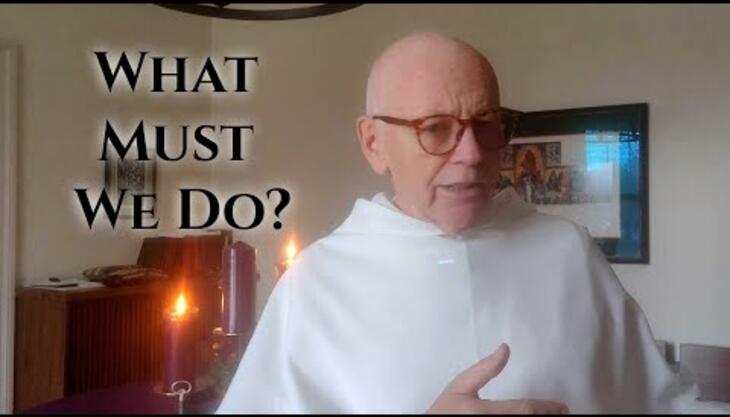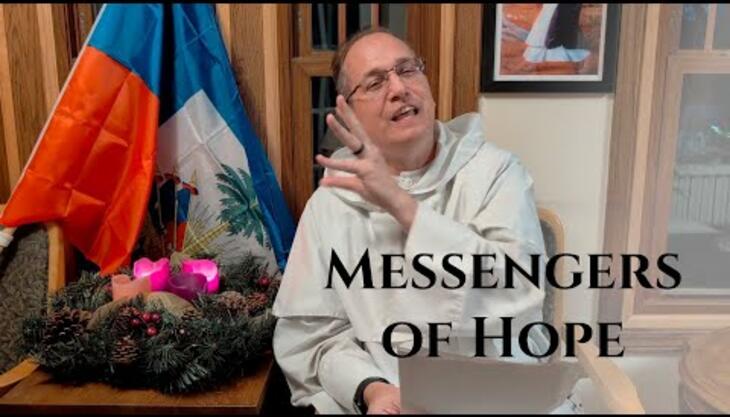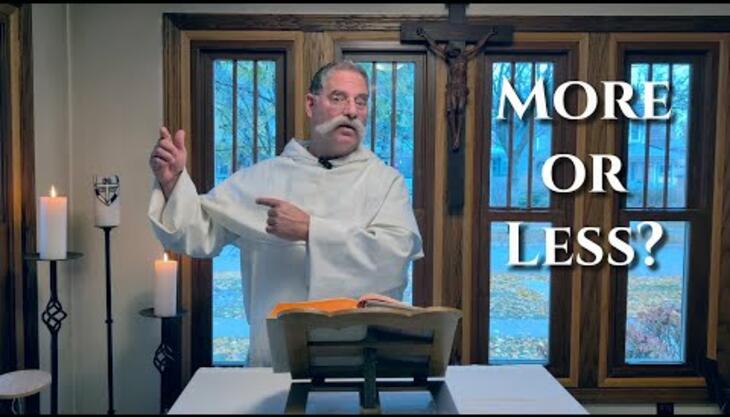Fr. Brendan Curran, OP breaks open the readings for the Sixth Sunday of Ordinary Time, exploring how we can discern true prophets from false prophets. The Prophet Jeremiah reminds us to expect our faith to flourish like a tree planted by a river that fears no doubt. St. Paul reminds us to root our faith in the resurrection of Christ. And our Gospel is Luke's version of the Beatitudes, which matches each "Blessed are you" with a corresponding "woe are you" to that while he gives comfort to the poor, he also warns of the dangers that riches bring, and while he praises trues prophets, who always invite trouble on themselves, he warms against being false prophets, who get praised by all because they tell them what they want to hear instead of speaking God's truth, which is usually challenging.
Readings: Jeremiah 17:5–8; 1 Corinthians 15:12, 16–20; Luke 6:17, 20–26


